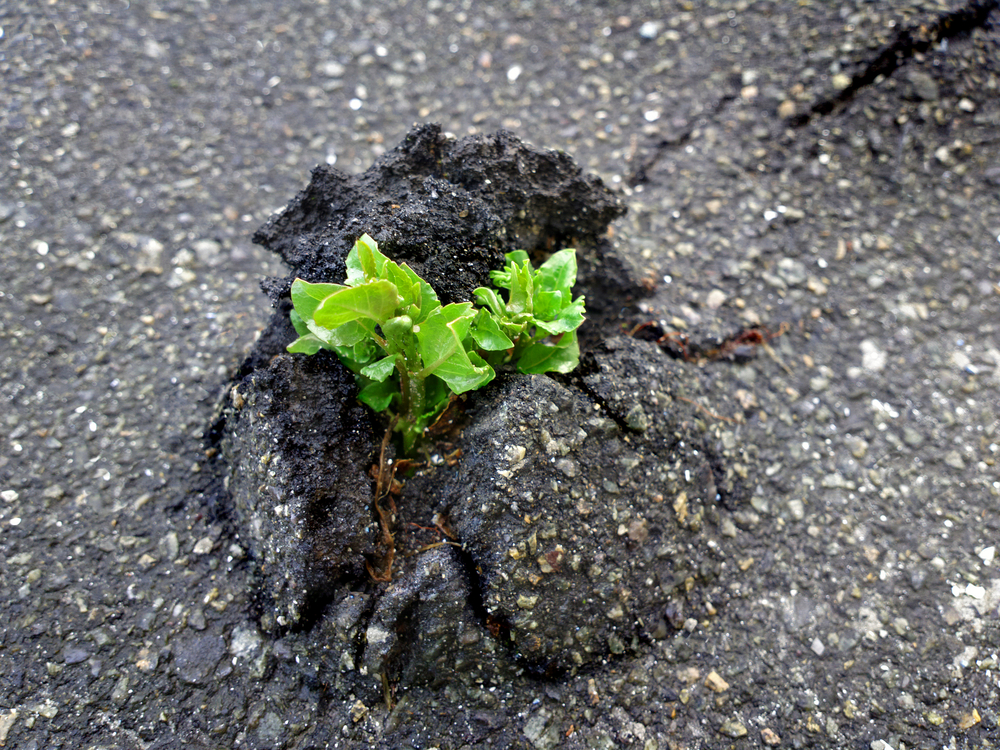Dear Neil: I lost my beautiful 18 year old daughter two years ago. She was killed in a car accident. I find myself increasingly more and more bitter as the months and years go by. I know my life will never be the same, but I am unprepared at how overwhelmed I continue to be by this loss. I often feel like isolating myself, lashing out at people that don’t treat me in a caring or compassionate way, or by just giving up altogether. What can I do to recover some sense of joy in my life? I fear living out the rest of my life in a gray fog with no happiness or fulfillment—which would be very unfair to my son and my husband. It’s hard for me to imagine ever liking life again. When I see how you have weathered the losses in your life, it makes me wonder what the necessary steps for recovery are.
Broken in Boulder, Colorado
Dear Boulder: Clearly you’re not in the mood to feel joy and happiness right now, and that would be very understandable. You are surviving a major catastrophic loss—and you’re right, your life will never be the same again. And hopefully nobody is suggesting that you put on a happy face and pretend that everything is fine. It isn’t.
Living your life in a gray fog with no happiness keeps your daughter alive for you. That is, by actively remaining devastated, you are keeping the memory of her alive and current, no doubt honoring the wonderful human being she was. Sometimes people won’t let themselves have fun and enjoy life after a terrible tragedy, because they feel they would be dishonoring the enormity of the loss and acting as if they are accepting what is completely unacceptable. By doing this, you may be actively reliving the trauma and keeping it fresh and alive, rather than letting it fade into the past.
No amount of grieving and suffering will bring your daughter back to you. So the healthiest thing you could do is to make peace with what happened. You cannot make anything better by feeling inconsolable for the rest of your life. If you stay broken and defeated, you are in essence saying that you should no longer enjoy life because your daughter can’t—and because some tragedy befell you.
But life is for the living, and you are still living, so the only healthy thing you can do is to find a way to make peace with your daughter’s death and actively explore what it would take to like your life again.
Resilience, the art of bouncing back, is the path to recovery that you’re asking about. Here’s what resilient people do:
- Focus on what you have to look forward to. That’s forward looking. Perhaps it is just not healthy or wise to be backward looking at this time—to be gazing too long at what happened in the past. You exercise a great deal of control over choices regarding your future, and absolutely no control whatsoever about events that are in the past.
- Pay attention to the attitudes and emotions that can sabotage you or turn you sour—and don’t give into them. I’m referring to behaviors such as lashing out at other people for not “getting it,” letting fear, bitterness or defeat get the better of you and giving up on your dreams. You must find a way to not give in to negativity or defeat.
- Let other people in. Focus on the quality of your relationships with those you care about and who are alive—and do everything you can to keep those relationships engaged, vital, close and connected.
- Make decisions that look out for your well-being, your happiness and your peace of mind.
- Live upright, with honor and integrity. Consistently act decent and do the right thing.
- Keep yourself physically active, vital and fit.
- Develop an attitude of gratitude and thanksgiving about what’s good in your life—about what your blessings are. It’s so easy to focus on what we don’t have, what has hurt us and what we have to be unhappy about. It’s harder to look for the good in our lives, but as you focus on the good, your mind is taken off the bad. If all you look at is the scarcity, you miss the abundance that is also in your life.
- Write a note of appreciation and thanksgiving to your daughter about what you’re thankful for regarding her and your relationship with her. How are you enriched, wiser, healthier, deeper and a better person because of that relationship? Focus on what you will always cherish about that relationship, what your wonderful, proud and happy memories are.
- Write a letter of self-forgiveness. Regarding your tragedy, what are you willing to forgive yourself for?
- What dreams or goals do you have that lie yonder? What would you still like to experience, accomplish, learn or try? Commit to choosing a couple of those things and then go after making them happen.
“A high station in life is earned by the gallantry with which appalling experiences are survived with grace.” —Tennessee Williams





